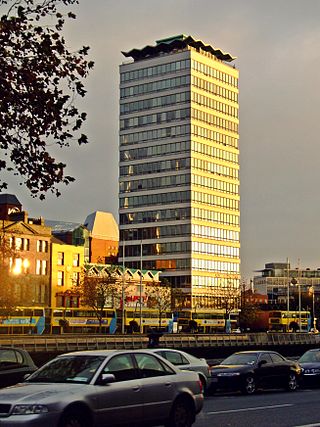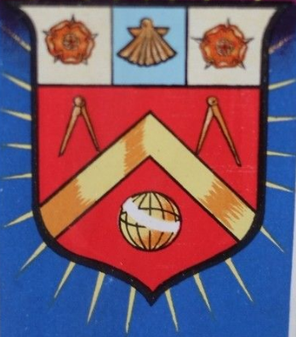Related Research Articles

The Bakers, Food and Allied Workers' Union (BFAWU) is a trade union in the United Kingdom. Founded in 1847 in Manchester, it represents workers in the food industry.

SIPTU is Ireland's largest trade union, with around 200,000 members. Most of these members are in the Republic of Ireland, although the union does have a Northern Ireland District Committee. Its head office, Liberty Hall, is in Dublin, and the union has five industrial divisions, three in the private sector and two in the public sector. SIPTU is affiliated to the Irish Congress of Trade Unions.

The Irish Transport and General Workers Union (ITGWU) was a trade union representing workers, initially mainly labourers, in Ireland.

The Civil and Public Services Union (CPSU) was an Irish trade union for clerical and administrative grades in the civil service, the wider public sector and the private sector. It was a member of the Irish Congress of Trade Unions.

The Financial Services Union (FSU) is a trade union representing staff in the finance sector in the Republic of Ireland, Northern Ireland, and those employed by Irish financial institutions in Great Britain and overseas.
The Congress of Irish Unions was a confederation of trade unions in Ireland.

The Amalgamated Society of Woodworkers (ASW) was a British trade union representing carpenters, joiners and allied trades. The ASW was formed in 1921 by the amalgamation of two smaller unions. It was itself merged into the Union of Construction, Allied Trades and Technicians in 1971.

The Irish Trades Union Congress (ITUC) was a union federation covering the island of Ireland.
The Communication Workers Union is a trade union in Ireland.
The Building and Allied Trades' Union (BATU) is a trade union representing workers in the construction industry and furniture trade in Ireland.

The Irish National Painters' and Decorators' Trade Union (INPDTU) was a trade union representing painters and decorators in Ireland.
The National Federation of Building Trades Operatives (NFBTO) was a trade union federation in the United Kingdom, consisting of unions with members in construction and related industries.
The Irish National Union of Vintners', Grocers' and Allied Trades Assistants (INUVGATA), also known as the Barmen's Union, was a trade union representing retail and bar staff, principally in Ireland.
The Association of Higher Civil and Public Servants (AHCPS) is a trade union representing senior civil servants and other managers in Ireland.
The Energy Services Union is a trade union representing workers at the ESB Group in Ireland.
The Operative Builders' Union was an early trade union federation representing construction and maintenance workers in the United Kingdom.
The National Engineering and Electrical Trade Union (NEETU) was a trade union representing engineering workers in Ireland.
The National Engineering Union (NEU) was a trade union in Ireland.
The Irish National Union of Woodworkers (INUW) was a trade union representing woodworkers in Ireland.
The Stonecutters' Union of Ireland (SUI) was a trade union representing stonemasons in Ireland.
References
- 1 2 3 4 5 6 7 8 9 10 11 Devine, Francis; Smethurst, John B. (2017). Historical Directory of Trade Unions in Ireland (PDF). Dublin: Irish Labour History Society & Working Class Movement Library. Retrieved 23 January 2025.
- ↑ John B. Smethurst and Peter Carter, Historical Directory of Trade Unions, vol.6, p.17